1. Flying Cars For The Morning Commute
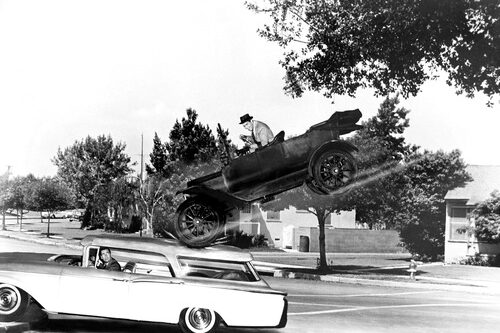
People used to imagine a sky full of lane markers and turn signals, just higher up. The idea was that traffic would lift off the roads, and we would rise above the grind in our family flier like it was no big deal. It sounded efficient, glamorous, and a little rebellious, like trading car horns for cloud surfing. The reality is that the sky is still mostly planes and birds, and the school drop off line is firmly on the ground.
Prototypes exist, and a few brave companies keep trying, but we are a long way from minivans with wings lining suburban driveways. Airspace rules, noise, cost, and safety turned out to be a lot more complicated than brochures suggested. Also, most of us do not want to pilot a vehicle before coffee. The future promised a steering wheel in the clouds, and instead we got better maps and traffic apps.
2. Everyone Wearing Jetpacks

The poster for tomorrow had us strapping on personal rockets like backpacks and popping over to the store. It felt breezy and heroic, a little superhero mixed with errand run. In practice, jetpacks are loud, fuel hungry, and not friendly to hair, eyebrows, or nearby trees. The learning curve is steep, and the margin for error is not cute.
Yes, stunt shows and a few demos light up social media, but everyday use never arrived. Sidewalks do not have jetpack lanes, and there are no jetpack parking signs near the bakery. Liability alone could fill a phone book. Turns out feet, bikes, and cars still win when you want to come home with your groceries intact.
3. Moon Bases By The Early 2000s
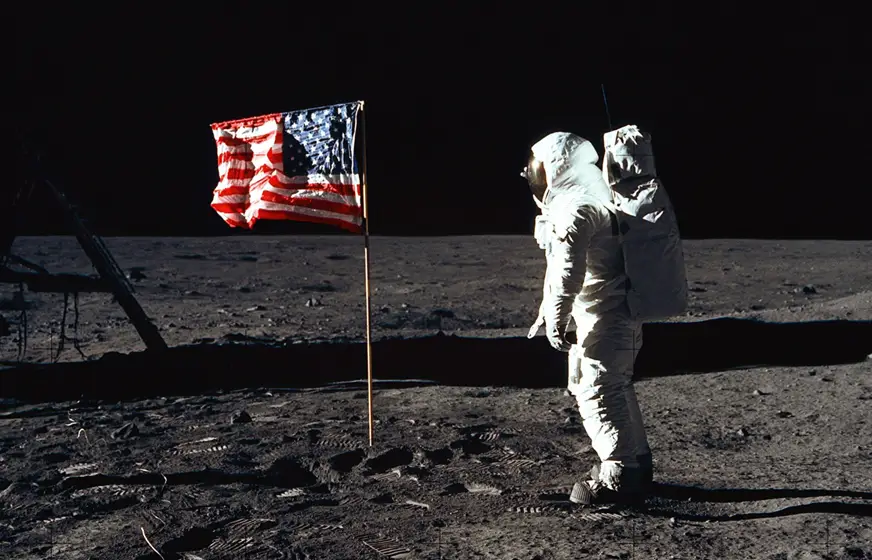
After the first steps on the Moon, people assumed the next steps would be a neighborhood. There were sketches of lunar labs, gardens under domes, and families tapping moon dust off their boots. The timeline felt short, like next decade short, and the optimism was infectious. But the bills, the engineering, and the politics said not so fast.
Space programs kept working, just not at suburb speed. We built space stations, sent rovers, and learned a lot, which is real progress even if it is less postcard ready. The lunar cul de sac with a coffee shop never opened for business. The future took a slower, more careful route than the pamphlets promised.
4. Robot Maids Doing Every Chore
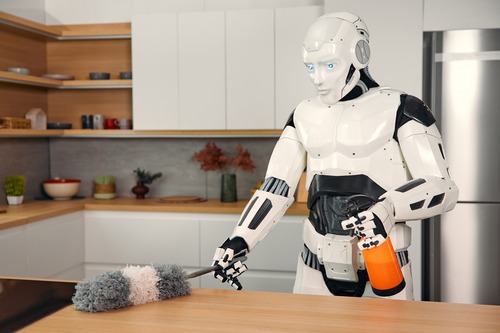
Rosie from The Jetsons made it look so easy, just a cheerful whirr and your living room sparkled. The prediction was that we would hand over sweeping, scrubbing, and laundry to a helpful bot by now. We do have little round vacuums and smart speakers that set timers. That is not quite the apron wearing housekeeper who knows your favorite snack.
Chores turned out to be weirdly varied, messy, and full of edge cases. Folding towels is a puzzle, not a trick, and emptying the dishwasher asks for human hands. Robots thrive on repetition, and houses are full of surprises. The dream is inching forward, but it definitely did not ring the doorbell by 9 a.m. with feather duster in hand.
5. Meals Replaced By Nutrient Pills

Magazines once swore dinner would be a capsule, and we would wash it down and get on with life. It sounded efficient, like filing your taxes in one click. The problem is that eating is not just chemistry, it is culture, comfort, and conversation. People like texture, smell, and that first warm bite of something cooked on purpose.
We invented shakes and bars for busy days, and they have their place. Yet birthdays still have cake, and Sundays still smell like something on the stove. A capsule cannot carry a recipe from your grandmother. The future kept the fork, which feels like a small win for joy.
6. Paperless Everything

The vision was a desk with no stacks, no sticky notes, no printer. We would sign, store, and share with a tap, and forests would sigh with relief. Some of that happened, and it is great when it works. Then there are forms that still insist on ink, and receipts that print like they are paid by the inch.
Office life did not flip a switch. People like to scribble, highlight, and spread pages out to think. Regulations, habits, and outdated systems refuse to vanish on command. The paperless future arrived in pieces, and the file cabinet is stubbornly still here.
7. Weather On Demand
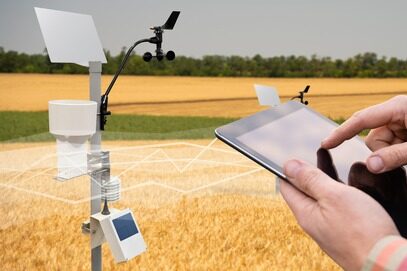
There were promises of turning rain on and off, like a faucet in the sky. Cities would schedule sunny weekends, and farmers would order gentle showers on Tuesdays. The atmosphere did not sign that contract. Weather is a giant, complicated system, and it does not like direct instructions.
We can forecast better, and in a few cases we can nudge clouds, but the big dial is out of reach. Hurricanes, heat waves, and blizzards still make their own plans. If you have ever seen a picnic ruined by a surprise sprinkle, you know the truth. The future packed an umbrella anyway.
8. Nuclear Power “Too Cheap To Meter”
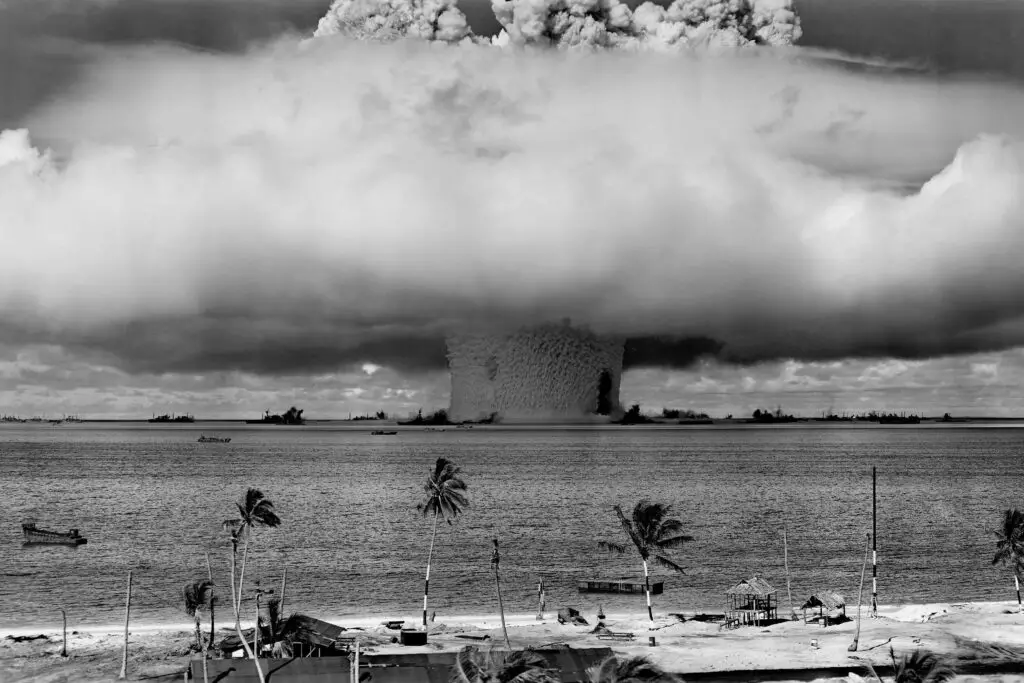
Mid century optimism said electricity would be so abundant that billing would feel silly. Lights would stay on like the sun, and bills would shrink to a shrug. The promise missed the realities of construction costs, maintenance, safety, waste, and regulation. Energy math is complicated, and communities expect real answers, not slogans.
Nuclear power still provides a big slice of carbon free electricity in many places. It just did not erase the bill or the debate. The future needed a budget, not a catchphrase. Everyone kept the meter, and they still check it.
9. Underwater Cities And Daily Submarines
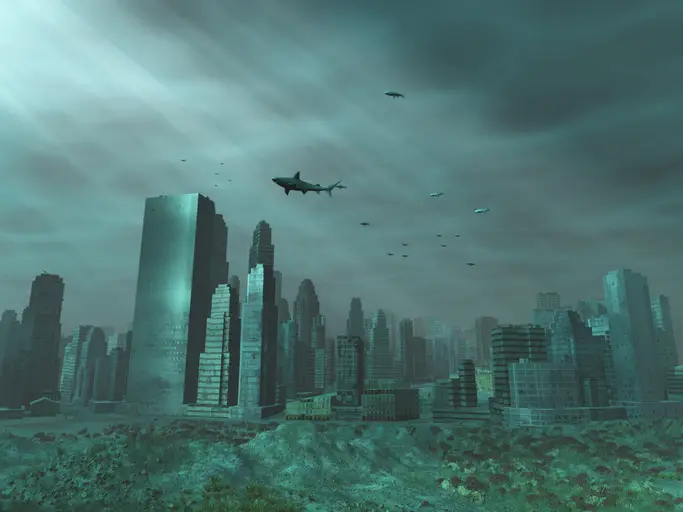
Designers once drew neighborhoods under the sea, with fish gliding past your window. Commuters would hop into personal subs and glide to work like gentle torpedoes. Romantic, yes, and also wildly impractical for oxygen, pressure, and plumbing. The ocean is beautiful, but it is not a forgiving landlord.
Undersea research labs exist, short term and specialized, and they do important work. That is not the same as a grocery run on the ocean floor. Windows leak, repairs are hard, and your mail gets soggy. The future chose beachfront hotels and documentaries instead.
10. Domes Over Cities
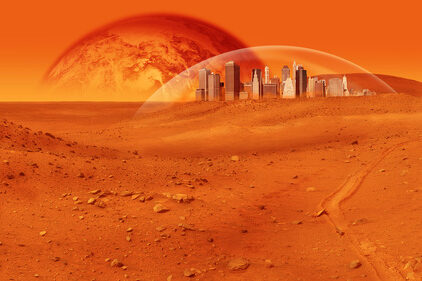
In some visions, we would seal whole towns under clear shells, and control the climate inside. No blizzards, no pollen, just perfect days on repeat. It looked futuristic in sketches, but reality raised eyebrows about cost, airflow, and what happens when a storm throws a tree at your dome. People also enjoy breezes that are not pre approved.
Architects still build atriums and stadiums with clever roofs, which scratch the itch without sealing the world away. Maintenance is hard enough on a house, imagine an entire skyline that needs a squeegee. The dome dream makes great concept art. The future decided open air felt better.
11. The 2012 Mayan Apocalypse
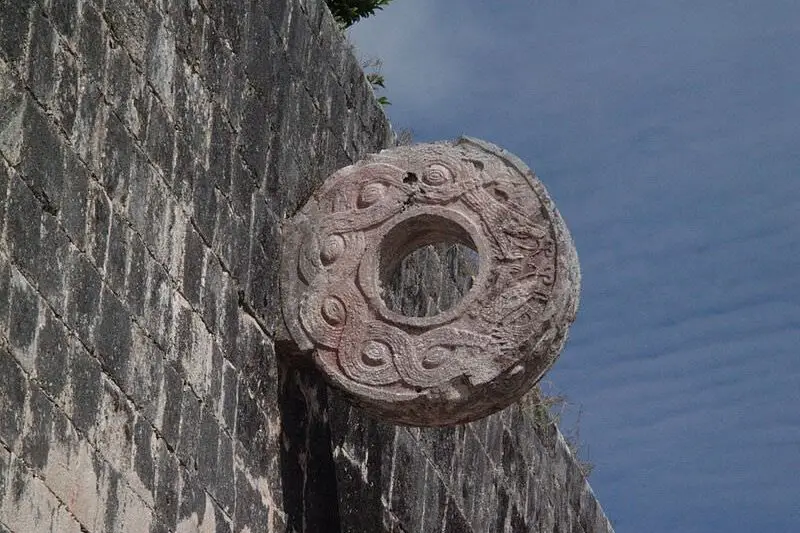
Remember when everyone debated calendars like they were decoding a secret message. The date circled was December 21, 2012, and some people stocked up on candles and canned beans. Then the day came, and the world kept spinning, and we all went back to errands. Calendars end, and then they start again, which is how calendars work.
The fascination says a lot about how humans tell stories when the unknown feels loud. It is easier to picture a single dramatic moment than a slow, ordinary tomorrow. The lesson is that quiet days are underrated. The future arrived the next morning, right on time, with coffee.
12. Y2K Meltdown Everywhere
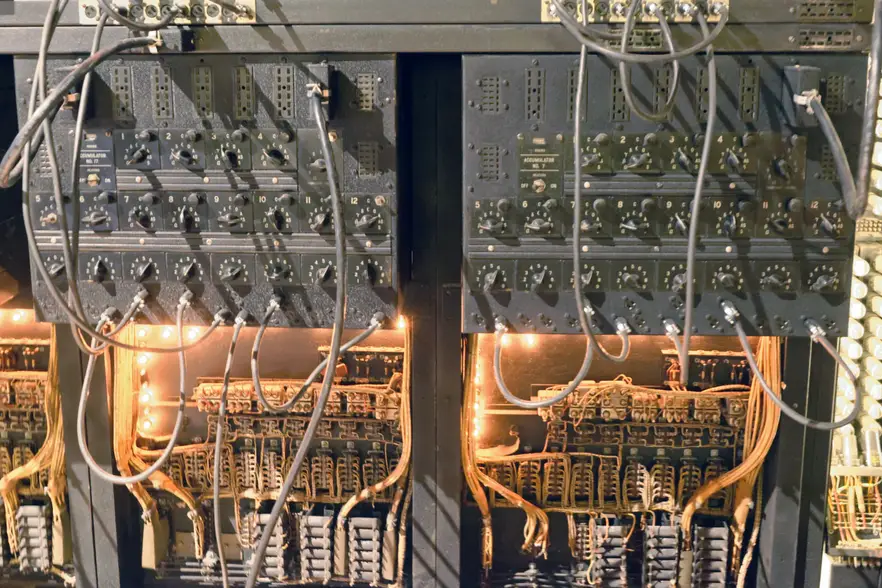
As 1999 ticked down, dire predictions filled the air. Planes would land themselves in cornfields, and toasters would revolt. What actually happened was a lot of behind the scenes work by very patient people, and a quiet rollover at midnight. The lights mostly stayed on, and the party hats still worked.
The fear was not baseless, it was a real bug with real risks if ignored. The fix required time, money, and teamwork, and that is why the disaster never materialized. Sometimes prevention looks like nothing happened, which is the point. The future stumbled a little, then kept walking.
13. One Global Language By Now
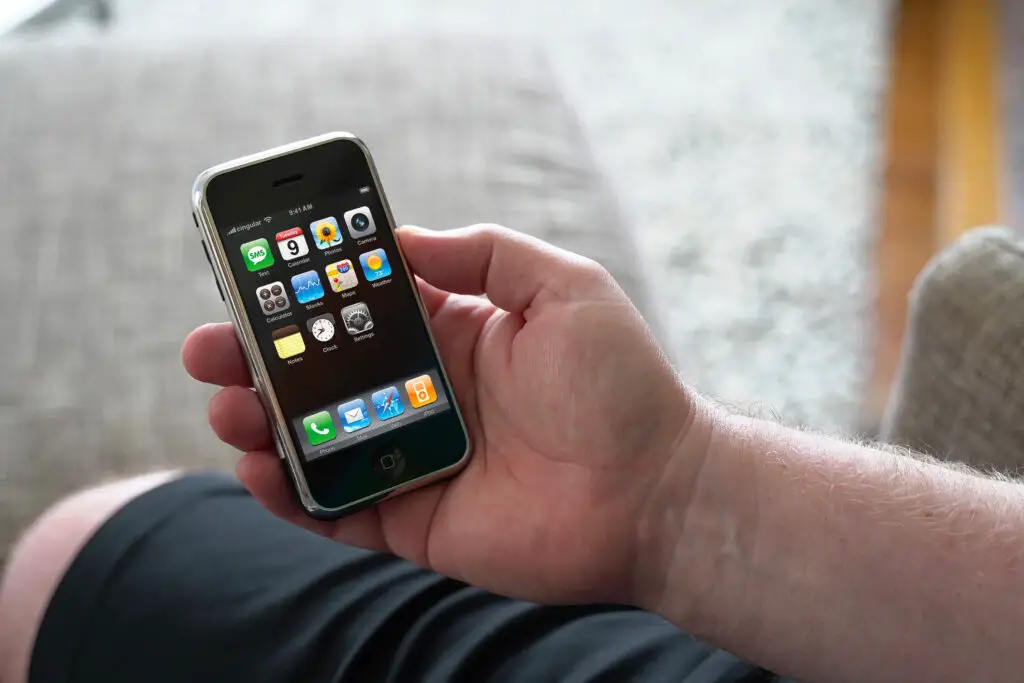
Futurists once imagined everyone speaking the same tongue, and no one fumbling for a phrase. It sounded tidy, diplomatic, and convenient for travel plans. But language is identity, history, and humor, and people hold it close. New words bloom, dialects sing, and slang changes before the ink dries.
We got translators in our pockets instead, which feels like a kinder solution. You can keep your lullabies and still order lunch in a new city. The world stayed gloriously multilingual, and technology did the bridging. The future chose conversation over uniformity, and that feels right.
